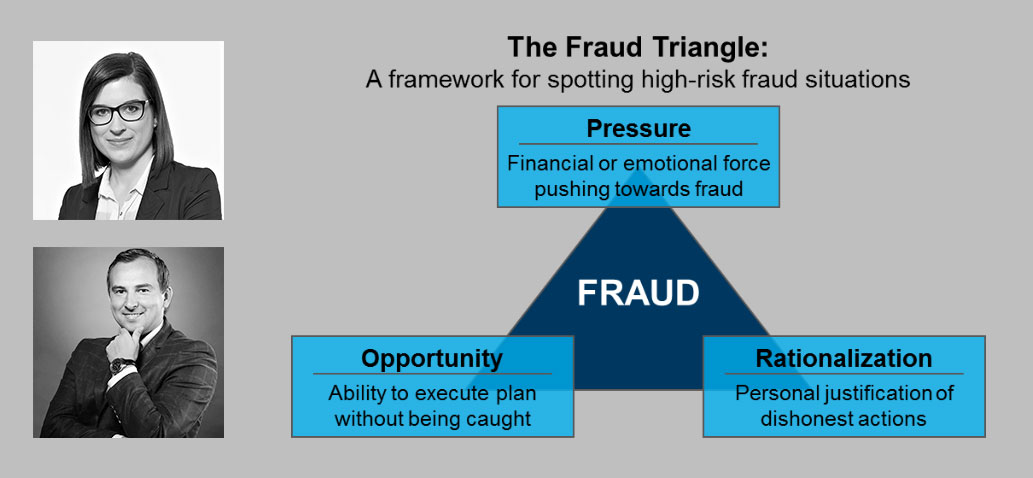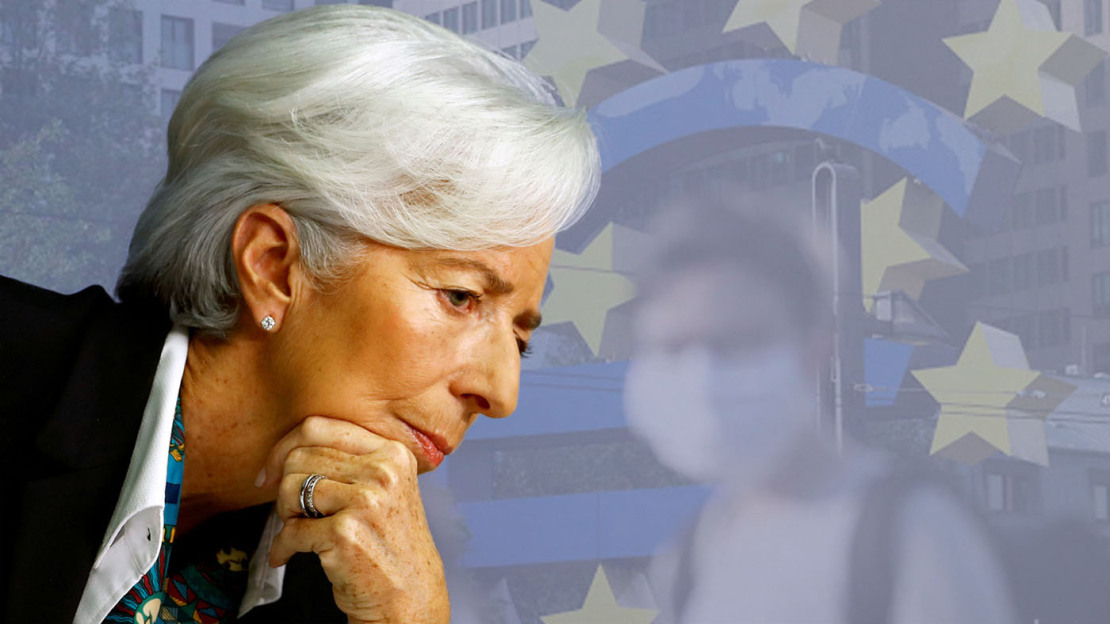Past events in history have shown that another pandemic may come about some time in the near future. However, there are measures that can be taken to reduce the risks as stated by a newspaper by the Institute of Economic Affairs. As the human population continues to increase, so too will viruses and diseases. Today, there are quite a few outbreaks that have remained and settled permanently among humans, though they have not quite reached the extent of the Covid-19 pandemic. However, when comparing Covid-19 to other major viruses and diseases that have spread, it is relatively moderate. Adding on to a growing population, economic integration, long supply chains, traveling and a change in how health care systems are operated and structured have all made the impact of an infectious disease significantly greater compared to 50-60 years ago. Continue reading…
The message is clear: organisations must be held accountable for their social and environmental footprint. Therefore, it’s inevitable that speaking up becomes the next social…
Download whitepaper











